As summer approaches and temperatures soar, the extreme heat poses not only challenges to operators, but also tests the performance and reliability of excavators. To ensure your machine operates efficiently during the hot season, regular maintenance is essential. In addition to standard upkeep, pay special attention to the following points:
1. Don’t Underestimate the Importance of Coolant
Many operators mistakenly believe that coolant—commonly referred to as antifreeze—is only necessary in winter. In fact, coolant should be used year-round. It features two key properties: a low freezing point and a high boiling point, making it equally important in summer to prevent the engine from overheating and "boiling over."
Quality coolant also offers anti-rust and anti-corrosion protection, helping extend the life of the cooling system. Additionally, it prevents scale buildup, which can clog coolant lines and harm engine performance. Be sure to use genuine coolant, as it typically lasts up to 2,000 hours, whereas cheaper versions may only last 1,000 hours. Never mix different brands of coolant, as this could lead to chemical reactions and system damage.
2. Check for Blockages in Radiators and Condensers
After operating through fall, winter, and spring, it’s common for leaves, dust, or cotton fibers to accumulate around the radiator, hydraulic oil cooler, and air conditioning condenser. These blockages reduce heat dissipation efficiency, leading to engine overheating, hydraulic oil degradation, or poor AC performance.
Also check for damaged or missing sealing sponges or covers, which can cause abnormal airflow. Always monitor the temperature gauge during operation. If overheating occurs, stop the machine in a shaded area and idle the engine to cool it down—do not shut it off immediately, to prevent internal engine damage. After cooling, check coolant levels, inspect fan belts for tension and wear.
3. Use the Right Type of Grease
High ambient temperatures affect grease performance. Heat softens the grease, making it more likely to drip or be lost, reducing lubrication effectiveness in working and slewing components. In extreme heat, grease may oxidize or separate, accelerating deterioration.
Use high-temperature-resistant grease that maintains adhesion and performance in hot conditions. Avoid using flour-like or poor-quality grease, as they provide insufficient lubrication and can damage components.
4. Prevent Tire Overheating on Wheeled Excavators
High temperatures can lead to increased tire pressure and reduced rubber durability, raising the risk of blowouts. If tire pressure or temperature becomes excessive, park in the shade and wait for them to cool before resuming operation.
Regularly inspect brake performance. Prolonged braking can overheat the brake drum and pads, reducing effectiveness. If overheating occurs, stop and let the system cool naturally. Do not pour water directly on tires or brakes, as this can cause damage or safety hazards.
5. Be Cautious During Water Operations
Avoid submerging the machine beyond the centerline of the upper track rollers. If water reaches the slewing bearing, be sure to replace the internal grease immediately to prevent wear from mud or sand contamination.
Keep the excavator’s tilt angle within 15 degrees when operating in water to avoid damage to the radiator fan or water ingress. Also, loosen and retighten the track adjuster cylinder frequently to remove mud buildup and prevent rust.
After daily operation, idle the engine for a few minutes before shutting it down to allow internal temperatures to drop. During periods of non-use, fill the fuel tank to prevent internal rust, remove the battery, and store it in a cool, dry place.
Avoid spraying water directly on electrical components when cleaning, as moisture can lead to failure or malfunctions.
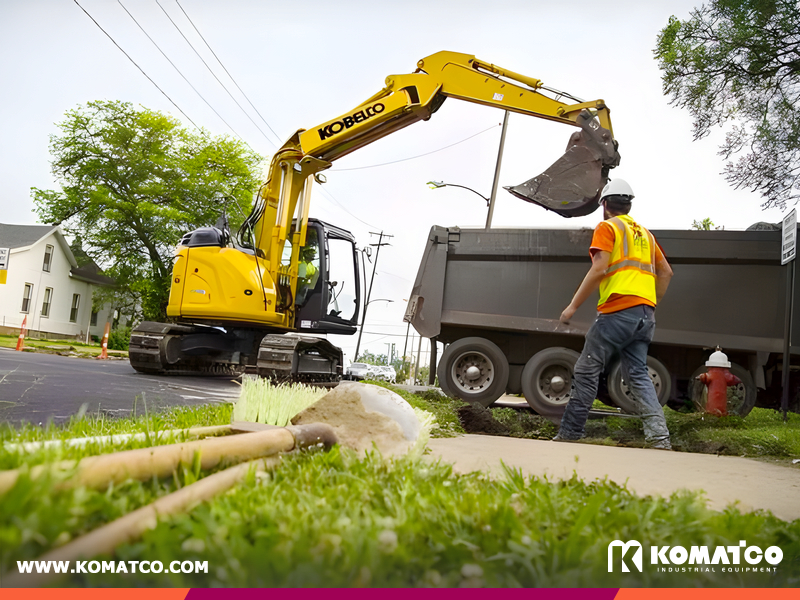
-
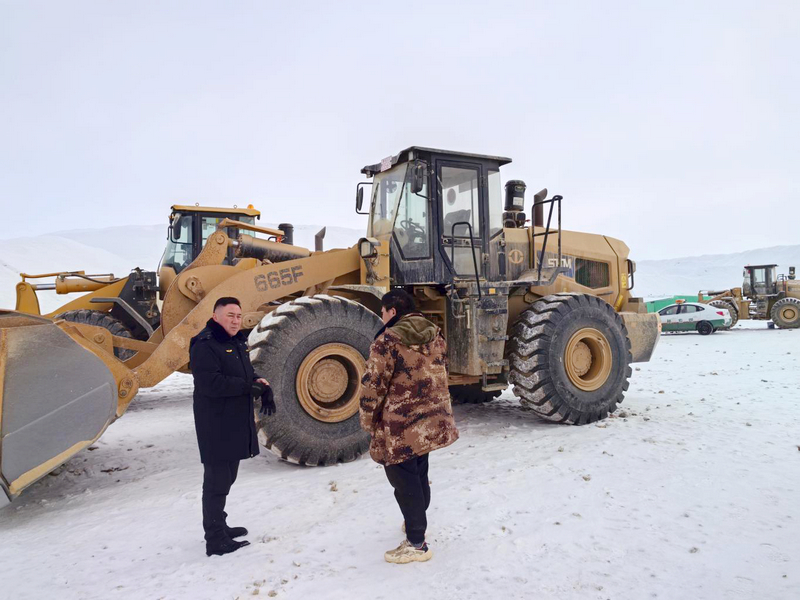 Avoid Winter Pitfalls: Prevent Overcooling Damage to Your Equipment2026-01-27
Avoid Winter Pitfalls: Prevent Overcooling Damage to Your Equipment2026-01-27 -
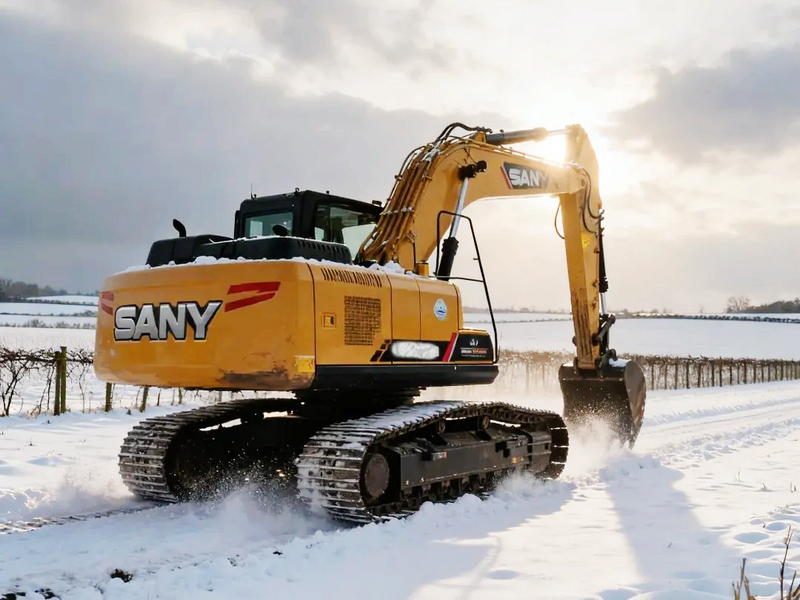 SANY Mining Excavator Services Earn Global Recognition2025-12-26
SANY Mining Excavator Services Earn Global Recognition2025-12-26 -
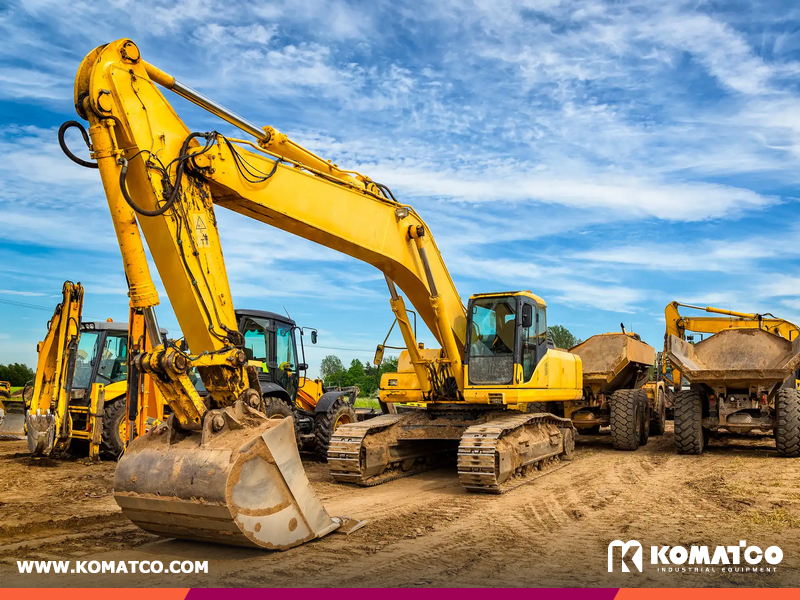 How to Check Excavator Belt Tension2025-11-19
How to Check Excavator Belt Tension2025-11-19 -
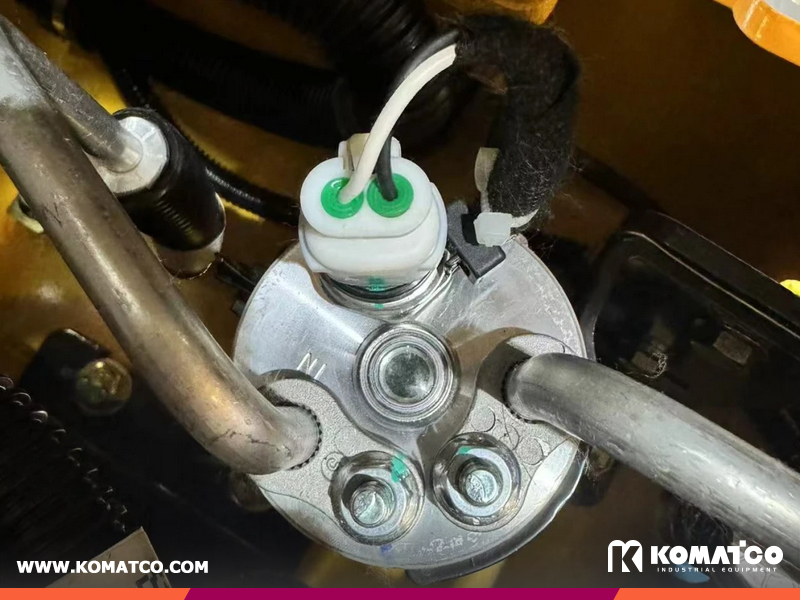 Summer Excavator Air Conditioning Use and Maintenance Guide2025-10-13
Summer Excavator Air Conditioning Use and Maintenance Guide2025-10-13 -
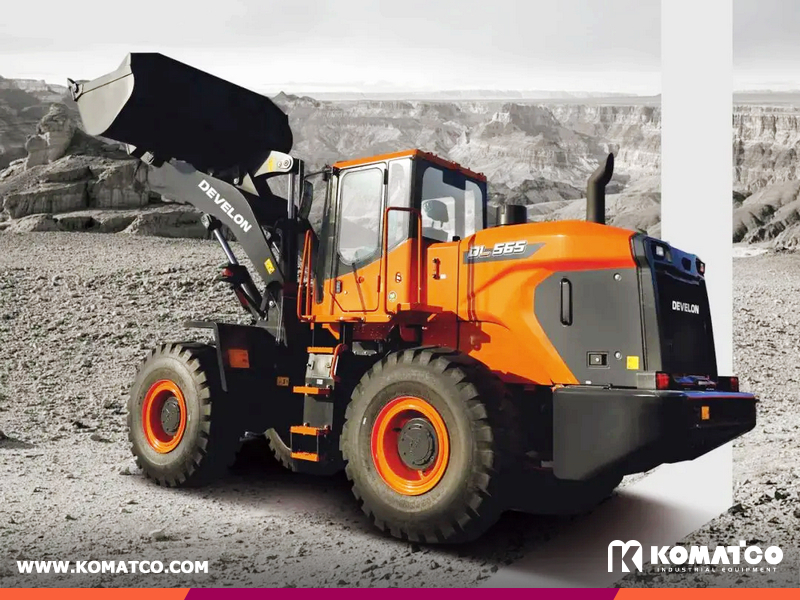 Long-Term Storage Guidelines for Wheel Loaders2025-09-18
Long-Term Storage Guidelines for Wheel Loaders2025-09-18















